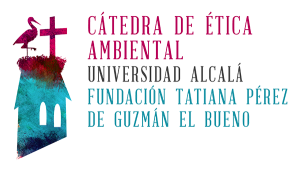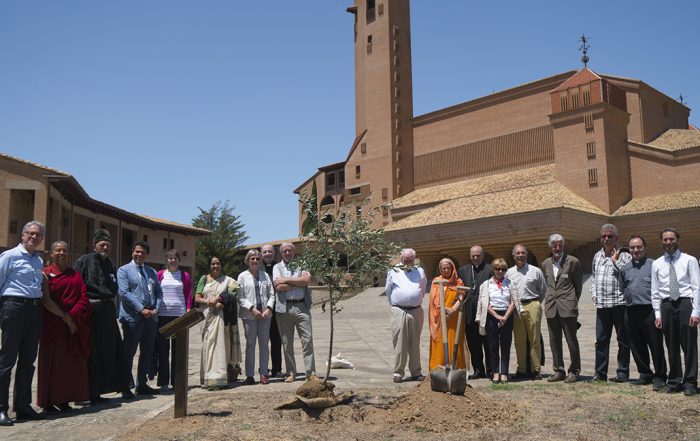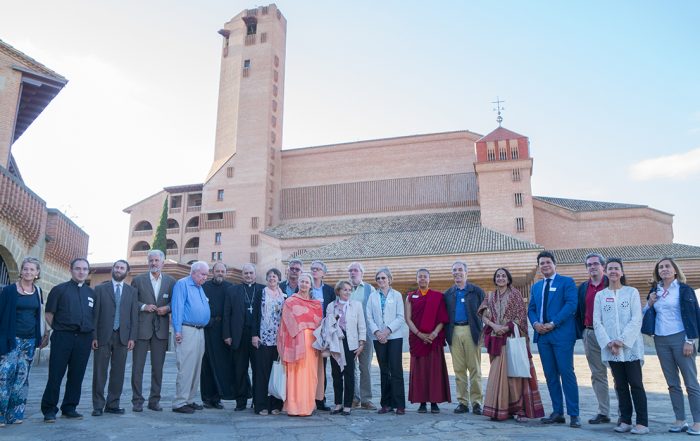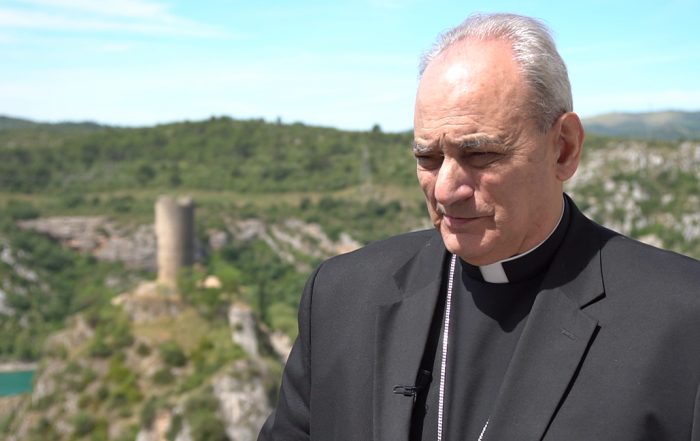ISSREC
Rethinking «Laudato si»: International seminar on Science and Religion cooperation for Environmental Care (ISSREC)
20-21 June, 2016 | Torreciudad Shrine (located in the Pyrenees of Huesca, Spain)
«The majority of people living on our planet profess to be believers. This should spur religions to dialogue among themselves for the sake of protecting nature, defending the poor, and building networks of respect and fraternity. Dialogue among the various sciences is likewise needed, since each can tend to become enclosed in its own language, while specialization leads to a certain isolation and the absolutization of its own field of knowledge. This prevents us from confronting environmental problems effectively (…) The gravity of the ecological crisis demands that we all look to the common good, embarking on a path of dialogue which demands patience, self-discipline and generosity, always keeping in mind that “realities are greater than ideas”»
(Pope Francis, Laudato si, n. 201)
Rethinking Laudato si’
The international seminar, led by Dr. Emilio Chuvieco and organized by the Environmental Ethics chair of University of Alcalá, the Tatiana Perez de Guzman el Bueno Foundation and the Social Promotion of Culture Foundation, aimed to foster the dialogue between scientists, theologians and religious leaders to promote a closer cooperation between sciences and religious traditions for environmental conservation.
The seminar was centered on the Pope Francis’s encyclical Laudato si’, and the opportunities it opens to foster collaboration of world major religious traditions to mitigate environmental problems. Seventeen scientists, theologians and religious leaders from thirteen different countries and eight religious traditions participated in the seminar. The small number of invitees facilitated the informal and friendly dialogue between participants. No external public attended the meeting, but press conferences were held a few days before the seminar and one-day afterwards.

Opening of the Seminar by Jumana Trad, President of the Social Promotion of Culture Foundation and Emilio Chuvieco, Seminar’s organizer.
The seminar began with a scientific analysis of the environmental situation. Dr. Thomas Stocker, coordinator of the group on the Physical Basis of Climate Change’s latest report of the Intergovernmental Panel on Climate Change (IPCC) of the UN, explained the scientific evidence of climate change. Dr. Anny Cazenave, from the National Center of Space Studies in France, described the environmental problems of inland waters and oceans. Peter H. Raven, an expert scientist in botany from the University of Washington in St. Louis, warned about biodiversity loss, Josef Settele, professor of ecology at the Martin Luther University of Halle-Wittenberg, explained about problems relating to agriculture and ecosystems, and Emilio Chuvieco, professor of geography at University of Alcala reviewed the current patterns of global fire activity and their relations to climate change and social trends.

Ven. Chimey Lhatso speaks in the Seminar.
Experts in environmental ethics then presented on the theme of «Creation in crisis: dimensions of the ecological crisis”. Dr. Celia Deane-Drummond of the University of Notre Dame (US), spoke of the close relationship between Environmental and Ecological Justice. Dr. Sigurd Bergmann, professor in the Department of Philosophy and Religious Studies at the Norwegian University of Science and Technology in Trondheim, spoke about Technofutures, fetishes and the poor – towards a post-growth society. Dr. Josep M. Mallarach, from the Commission on spiritual and cultural values of protected Areas of the International Union for Conservation of Nature, addressed the issue of the conservation of sacred spaces. Dr. Hillary Marlow, director of the Faraday Institute for Science and Religion, and Associate Professor of the Faculty of Theology at the University of Cambridge, highlighted the biblical and ethical values for conservation in the Christian tradition. Professor Wael Farouq, President of Tawasul Cultural Center for Inter-civilizations Dialogue (Egypt) spoke about environmental values within the Islamic tradition. Dr. Nanditha Krishna, professor at the University of Madras (India), explained the cultural and ethical values for conservation in the Hindu / Indic traditions.
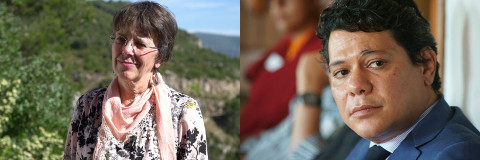
Hilary Marlow and Wael Farouk
At the end of the first-day sessions the participants took a brief tour to the Shrine of Torreciudad. The visit included an organ concert dedicated to our sister mother Earth in the main temple.
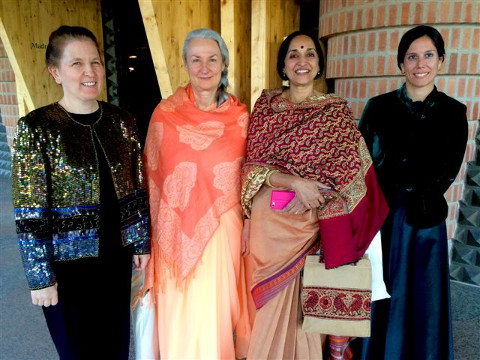
Organist, Swamini Umananda and Nanditha Krishna and singer at the end of the concert.
Religious leaders contributed their specific visions in a session «Integral ecology, Lines of approach and action, and Ecological spirituality», moderated by Bishop Mons. Marcelo Sanchez Sorondo, President of the Pontifical Academy of Sciences, with the participation of Rabbi Yonatan Neril, founder of the Interfaith Center for Sustainable Development; Buddhist nun Karma Tsunma Chimey Lhatso; Attorney General of the Cistercians, P. Lluc Torcal; Bulgarian Orthodox archdeacon, Petar Gramatikov Plovdiv and Swamini Umananda, Hindu nun from the Chinmaya mission in France were able to highlight the contributions of each of their religious traditions to nature conservation.

Seminar discussions.
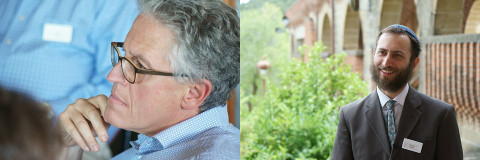
Prof. Thomas Stocker and Rabi Yonatan Neril
Pope Francis sent a message to participants wishing the seminar «serve to promote scientific and interreligious dialogue for care of our common home and encourage joint efforts to promote consciousness with greater solidarity for the good of each and every human being.”
At the closing of the seminar, all participants planted an olive tree at the Shrine of Torreciudad, as a natural symbol of the commitment of the various religious traditions and the scientific community for environmental conservation.

Olive’s plantation.
The seminar was hosted by a Catholic Shrine (http://www.torreciudad.org/home/) that is undertaking a process of environmental conversion as a result of the Laudato si’ encyclical. Travels, food, accommodation and supplies were organized as to minimize the ecological footprint of the event.
At the end of the seminar, a common declaration was issued. The declaration is published on http://www.declarationtorreciudad.org/ and it is open to endorsements.
#ISSREC
#RethinkingLaudatoSi
#DeclarationTorreciudad
PARTICIPANTS
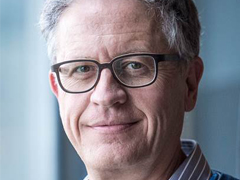
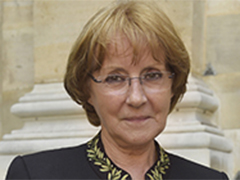
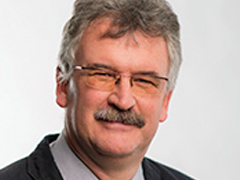
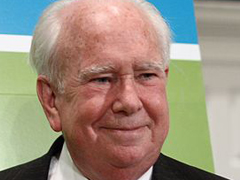
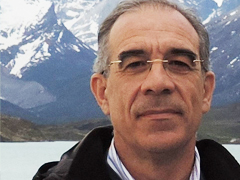

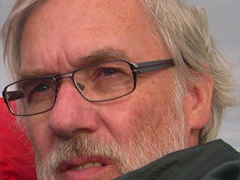
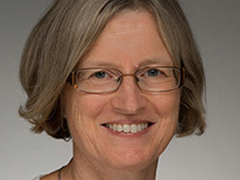
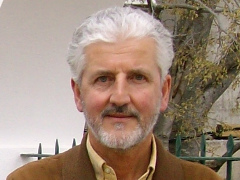
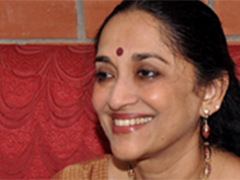
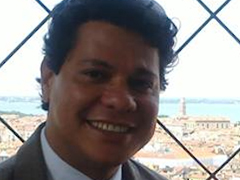
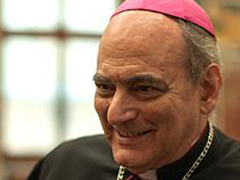
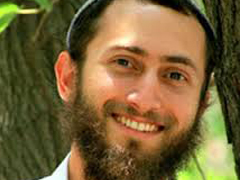
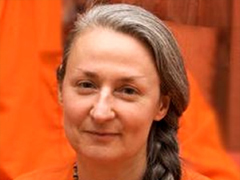
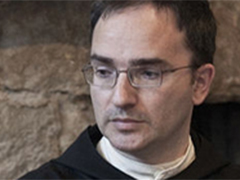
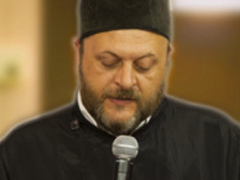
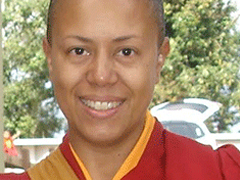
NEWS
Científicos internacionales y líderes religiosos de todo el mundo acuerdan una Declaración sobre la protección del Medio Ambiente
En la imagen: Thomas Stocker, Coordinador del grupo sobre Bases Físicas del cambio climático del último informe del Panel Intergubernamental sobre Cambio Climático (IPCC) de la ONU; Anny Cazenave, autora principal de los informes
Thomas Stocker: “Los líderes religiosos deben conocer y hablar del cambio climático porque es fundamental para nuestra supervivencia”
Hoy está teniendo lugar la última jornada del Seminario Internacional de Ciencia y Religiones por el Medio Ambiente (ISSREC), que reúne a científicos y líderes religiosos de 15 países y 8 confesiones religiosas para dialogar
Mons. Sánchez Sorondo: “El diálogo interreligioso debe pasar a la acción común para conservar el medio ambiente”
Se ha inaugurado esta mañana el Seminario Internacional de Ciencia y Religiones por el Medio Ambiente (ISSREC), que reúne a científicos y líderes religiosos de 15 países y 8 confesiones religiosas para dialogar sobre cómo


